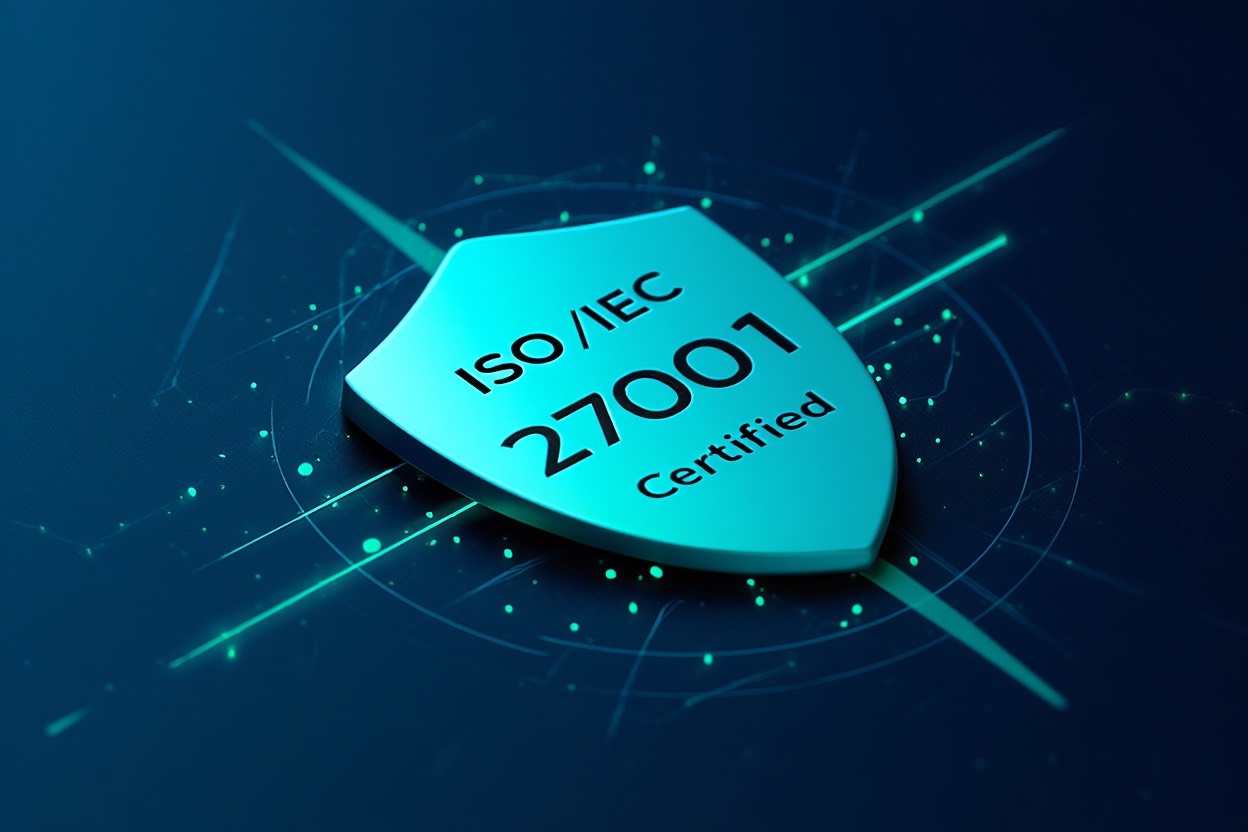The Cult of the Founder was the story of the 2010s, so it’s not hard to imagine a kid growing up wanting to start their own company. But what sends someone on the career path toward the finance side? For Joe Ayers, Vice President, FP&A and Business Intelligence at Epicor, it was a path he was born on. “I have a lot of close friends and family members who are accountants, so growing up, I always heard about the profession and it sparked my desire,” Joe says. “It was always coached into me that it's a good foundation to start a career to build upon and that you have a lot of optionality to go from there.”
So, Joe got his degree in accounting and then secured his CPA certification before taking a job at KPMG in 2009. He spent five years working there until reaching audit manager. “The biggest value for me was I understood how the numbers worked across various industries,” he says. “I could hone in on industries that I found interesting, and from there, I began to think: ‘Where do I want to pivot?’”
First, he jumped to Pacific Gas & Electric (PG&E) but his move to the Bay Area eventually sent him toward the technology space. At Lithium, the community and social media management software company, Joe began to understand the way an accounting background could be used as a strategic tool for a company. He spent more than 5 years at the company, continuing to move up through mergers as Lithium became Khoros. Since having that initial realization about the strategic power of finance, Joe hasn’t looked back, eventually landing the role of Chief of Staff and VP, Finance Operations. “Traditional accounting has always been: ‘What are decisions other people have made and how do you make sure they fit within the bounds of GAAP?’ And that excites some people,” he says. “But for me, I wanted to understand the decision-making process and how accounting can align with strategy. So, I've kept kind of going further upstream.”
Postmodern Finance
At Khoros, Joe wore many hats: Revenue Accounting Manager; Senior Manager, Revenue; Director of Revenue, Sr. Director, Strategic Programs, and Chief of Staff to the CEO; and VP, Finance Operations. He evolved in his own roles along with an evolution he sees coming to the finance side of innovative companies as a whole. “We can call it Postmodern Finance,” he says. This term is something Joe learned to appreciate from Ray Wang, CEO of Constellation Research.
Postmodern Finance, as Joe defines it, is the shift from the finance team as a gatekeeper for compliance and accounting that sits on data in a static manner to something more strategic. “If you're intellectually curious, the accounting and finance team typically have access to more data than almost anyone else in the company,” he says. “So, it's an untapped opportunity, where you can sit on the data and be dynamic.”
At Khoros, Joe had a bird’s eye view to see everything from customer-facing interaction to the work of the engineers on the backend. He learned how his reading of the data could be an influential tool for decision-making at the company. “The engineers have their day jobs and the product team has their day jobs, but finance can be influential by saying, ‘Here are some insights into gross margins. Here are some interesting things about the selling process with this product relative to the others. Here are some things we may want to think about,’” Joe says. “We’re sitting on a lot of potential insights that should be dynamic. So, accounting and finance need to move from the static forecast process to a rolling forecast where you're moving beyond forecasting and becoming a strategist for the business. That, to me, is where finance is going, and that is way more motivating.”
Data-Empowered Insight
Joe has taken his theory of Postmodern Finance to the Financial Planning and Analysis (FP&A) and Business Intelligence role at Epicor, an enterprise software company that connects the Make, Move, Sell industries with ERP and supply chain capabilities. “Finance is moving away from that compliance, gatekeeper, Federal Reserve Bank of the company role — you know, ‘We're here to dole out dollars, don't ask questions.’ That's no longer a helpful approach,” he says. “Our mission statement for finance at Epicor is to maximize the company's ability to make the best decisions possible with data.”
Notice that the word “finance” is not in the mission statement. Joe tells us that’s on purpose, and it completely aligns with the value Epicor is working to deliver to its own customers in the form of data-driven insights to uncover opportunities. “See: I believe a lot of status quo outputs within finance and accounting are prone to significant transformation in the form of automation. I don't think the legacy finance team mindset passes muster anymore,” he says. “You have to lean more into the data and understand how to build models and equip the business to make the best decisions. We work for the business, the business doesn't work for us.”
For years, finance and accounting teams have often had the reputation of representing the back office and therefore far removed from the nuances and appreciation for dealmaking. Joe says that the old model put finance and innovators in opposite corners, which hindered companies’ ability to grow strategically and responsibly. “A lot of times, finance has the deserved reputation at a company of ‘Gosh, I have to include finance.’ Instead, they should want to talk to us at the beginning and the onset of an idea,” Joe says, “We're on your side; we can provide the goalposts of how to scale towards a north star and maximize both our financial and strategic goals. They are not mutually exclusive.”
Joe’s not saying the importance of audit and compliance will disappear; instead, he’s just pushing finance teams to expand their roles within companies by adding strategic thinking on top of the more rote functions. “Those things serve a purpose, but I think there's a broader mission that finance needs to lean into,” he says. “And we're certainly trying to do that here at Epicor.”
From CPA to CFO
Coming from a family of accountants, Joe entered the business world with eyes wider open than most. But what was he wrong about back when he was getting his start on the finance side? “In accounting, you have to have an appreciation for the minutia, but I was a little naive to think that all of the details are how the world is run,” he says. “Occam's Razor is generally right: the simplest explanation is usually the right one. But it takes time to get to that point where you can sift out the signal from the noise.”
The other thing he’s learned is the value of translating the minutia into actionable data for non-accountants. He’s watched ”front office”, “back office” and every function in between struggle to understand each other for years and knows that the power of the finance side is only as strong as its ability to communicate with sales, engineering, customers, and leadership. “The sooner you can appreciate the importance of making it simplified for the business, the better,” he says. “I see a lot of finance professionals ineffectively translating their knowledge to a decision-maker outside their domain.”
His foundation in accounting and career wearing many hats has bestowed Joe with a rare ability to translate the language of accounting to the business side and vice versa. It’s what has let him set Khoros and now Epicor on the path toward Postmodern Finance. As he explains it, automation + expertise will lead to data-empowered, financially strategic decision-making. And it all starts with making the finance team an ally instead of an adversary for innovators.
Catch up on the latest news and updates
Subscribe To Our Newsletter
Insights on R&D tax credits and AI innovation delivered to your inbox every month.




.avif)


